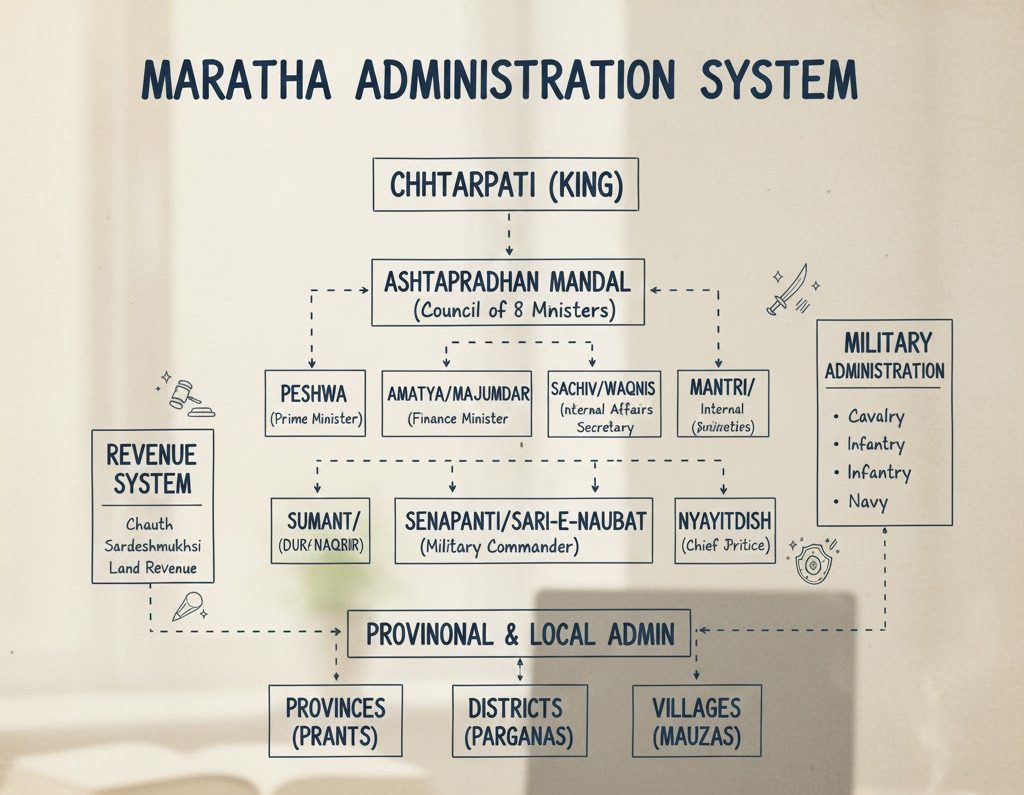Font size:
Print
Reducing India’s Debt/GDP ratio and Fiscal Deficit
Context:
Managing a country’s economy involves reducing the debt-to-GDP ratio by controlling the fiscal deficit, as focusing on debt reduction is closely tied to maintaining fiscal discipline.

Relation between India’s FD and Debt-to-GDP ratio:
- The fiscal deficit is financed mostly by borrowings by the central and state governments.
- These get added to the debt of the country. In India, typically, the debt ratio of the Centre is twice that of the states taken together.
- In years when the fiscal deficit ratio came down, the debt-to-GDP ratio also moved south, and vice-versa.

About India’s Debt to GDP ratio:
- Under the Fiscal Responsibility and Budget Management Act, the debt-to-GDP level should be 40% for the Centre and 20% for states, taking the combined figure to 60%.
- Globally, countries which issue currencies that are accepted for cross-border payments and are held as reserves by others have tended to sustain higher levels of debt.
- Among emerging markets, India’s ratio is comparable with China’s and Brazil’s.
- This global picture makes a target of 60% appear too aggressive. Instead, a level of around 70-75% could be India’s final goal, though the glide path towards it must take our development aims into account.
- Fiscal Deficit=Total Borrowing
- The key issue is how effectively the borrowed funds are utilised.
Suggestions on better government borrowing:
- Quality of Spending: Fine-tune spending (partly funded by borrowed money) to ensure desired outcomes, with a focus on increasing capital expenditure, which supports income generation and counts as higher-quality spending.
- The Indian Government has increased capital expenditure in Recent years.
- Cost of Borrowing: Shorter-term borrowings are cheaper and more beneficial, as interest costs account for around 25% of the ₹48.20 trillion Union budget for 2024-25.
- Borrowing Tenure: The government often borrows for periods over 10 years, which spreads out repayments but adds to India’s already higher Debt.
Implications of High Fiscal Deficit:
|
Challenges in Reducing Government Debt:
Balancing Borrowing and Expenditure:
- India’s significant expenditure commitments, such as PM-KISAN, food, fertiliser, and fuel subsidies, make it challenging to reduce borrowing without scaling back essential programs.
- This could have adverse socio-economic effects, particularly for those dependent on government aid.
Revenue Growth Requirements:
- To sustain welfare spending amid inflation, India needs faster revenue growth. However, GST collections are near optimal.
- Increasing revenue without expanding the tax base or raising rates—both of which could face resistance—is a challenge, especially for maintaining programs like MGNREGA and health schemes.
Challenge of Reducing Debt:
- Cutting spending to lower debt is difficult. Reducing infrastructure investments under the National Infrastructure Pipeline (NIP) could slow growth.
- Likewise, cutting back on social safety nets like PDS or PMAY could hinder poverty reduction, complicating efforts to lower fiscal deficits without harming development.




